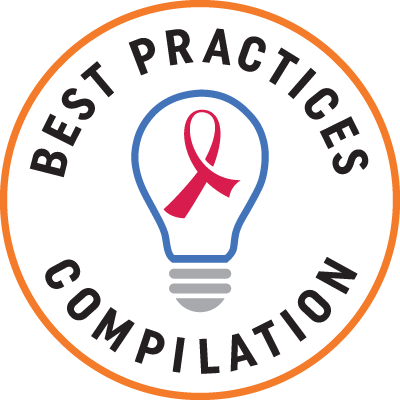Justice Involved
On
In the U.S., several million individuals are incarcerated at any given time, both in prisons for longer terms and in jails for shorter stays. Many individuals who pass through the corrections system engage in high-risk behaviors, prior to incarceration and while in the system. Mental health and substance abuse challenges are particularly high among this population.
Best Practices
- Center for Innovation and Engagement
- AIDS Action Foundation
- IHIP
- SPNS Latino Access Initiative, UCSF Center for AIDS Prevention Studies
- HRSA HIV/AIDS Bureau (HAB)
Technical Assistance
 Initiative documenting best practice strategies and interventions that have been shown to improve HIV outcomes in a "real world" setting and can be replicated by other programs. Project period: 2021-2024.
Initiative documenting best practice strategies and interventions that have been shown to improve HIV outcomes in a "real world" setting and can be replicated by other programs. Project period: 2021-2024.- HRSA SPNS project applying the implementation science framework to identify innovative HIV interventions for three priority populations (people with substance use disorder, sexual minority youth, people involved in criminal justice system) and use of telehealth. Project period: 2021-2025.